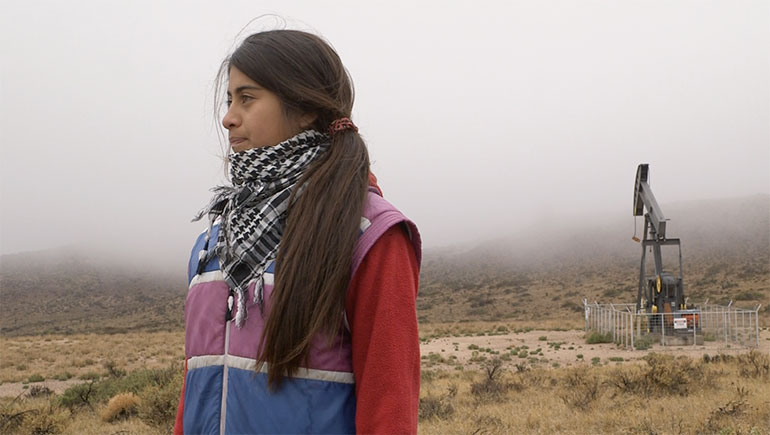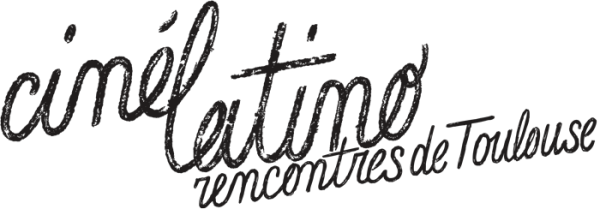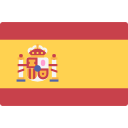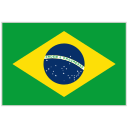- Direction
- Grégory Lassalle
- Country
- France
- Format
- Feature film
- Type
- Documentary
- Original title
- Eldorado
- Scenario
- Grégory Lassalle
Grégory Lassalle
Filmography
Km 207, au bord de la Route. (Guatemala/France 2007). Festivals : 2009, festival des droits humains d’Amnesty International, Vancouver, Canada ; 2008, festival France Amérique latine, Bordeaux ; 2008, festival international des droits de l’homme, Paris ; 2008, festival d’Amérique Latine, Toulouse. Le business de l’or au Guatemala, chronique d’un conflit annoncé. (Guatemala/France, 2009). Festivals : 2009, festival filmar en America latina, Genève, Suisse ; 2010, festival d’Amérique latine de Toulouse (Arcalt) en 2010 en compétition “Panorama documentaire” ; 2011, festival Présence Autochtone, Montréal, Canada ; 2011, festival international du film des droits de l’homme, Paris. Des dérives de l’art aux dérivés du pétrole (France, 2011). Festivals : 2012, Filmar en América Latina, Genève, Suisse ; 2016, Festival Cinema i solidaritat, Girona, Espanha ; 2012, Latinodocs, Toulouse ; 2013, festival ojo loco, Grenoble ; 2012, festival Présence autochtone, Montréal, Canada. L’aventure (France, 2014). Festivals : 2016, festival Cinéma sous les étoiles, Montréal, Canada ; 2016, Terra Tutti festival, Bologne, Italie ; 2016, Festival du Cinéma GOUEL AR FILMOÙ de Douarnenez ; 2015, festival des bobines sociales, Paris ; 2015, festival Cinemed, Montpellier.
Note of intent
Since 2013, Northern Patagonia has become the promised land for Argentinian nationalism and oil companies. Today, the industry has established itself in this region of peasant farmers. The question is, knowing what is going to become of the populations. The film portrays a popular portrait of this new Eldorado through five characters: migrant workers, Patagonian peasants and Mapuche Indians. It is my intention to show the struggle for power, individual aspirations and freedom, in this great geopolitical theatre.
Synopsis
The conquest for Northern Patagonian oil has begun. Attracted by promises of work and prosperity, pioneer workers are gathering. Companies are moving in, dividing the steppe into sections, occupying the villages and the media. A hierarchy of power is rapidly being put in place. In this modern Far West, where tradition encounters industrial capitalism, the population is starting to develop a struggle for power with the oil world. The pioneers will only succeed in this Eldorado, if they are prepared to conform. For the Gaucho or Mapuche peasants, two horizons lie ahead: either they rent their land to oil giants, or they put up resistance. Five people are caught up in this march of history. In this strange Patagonian Eldorado, what can they hope for? Should they change, adapt or comply? It is precisely in these times of swaying uncertainty and choices to be made, that the film is set.
Visual concept
Five portraits, intertwined, bring to light one same story, that of the human condition in this oil Eldorado. The sequence shots accompany the characters in situation, men and women filmed at eye level, sometimes in direct dialogue with the camera. Inspired by the mythology of the conquest of the West, this film picks up the cinematographic ingredients of the Far West. Desert and vertiginous scenery highlighted by wide angle and still shots, a sonorous universe marked by the contrast of the silence of the steppe and this industrial ballet.

- Objectives sought in Films in Development
Meeting and finding French and South-American partners and one or more diffusors to help this project.
- Shooting planned date
End of 2017
- Planned shooting location
Patagonia, Argentina
- Project's development phase
Development
- Production
- French Kiss Production
- Coproduction
- SaNoSi Productions
- Producer's biography
Alice Baldo graduated from the Ecole Nationale Supérieur d’Arts in Cergy, where she received theoretical and practical training on cinema and new media. After several experiences as a director, she joined French Kiss Production in 2008, to develop the cinema facet of the company. She took part in the EURODOC training program in 2014.

























